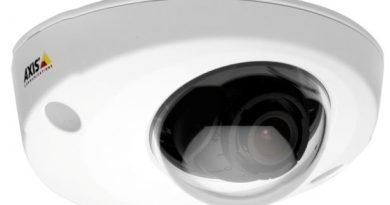Guard against injuries, illness and medical emergencies this winter!!
Winter is fast approaching. The mornings and evenings are getting slightly chilly and those long sleeves are being pulled out from the back of the cupboard. We need to start preparing our families for those inevitable episodes of colds and flu, and makes sure we are prepared for those really chilly days.
How do we protect ourselves from medical emergencies in winter?
But we know what to do, right? We keep ourselves warm, go for our flu shots and take the right medication when we are sick. Where could a medical emergency come into play? It’s winter, we know what to do, and it comes every year!
In reality, there are a number of medical emergencies that paramedics attend to that occur in winter. One of the most important aspects in creating awareness is about household heaters.
Heaters, when used properly pose no danger to you or your family. Last year there were a number of instances where gas heaters caught alight after they were not serviced or used in the correct manner. As with any appliance, the correct safety aspects are to be followed at all times. The instructions are clearly marked on your heating appliance and there are a number of approved dealerships across the country that would ensure the correct working order of the appliance. Make sure you check the heater and its gas supply before the first use!
Heat regulation
What do we know about the regulation of heat in our children and our older generations? In both the young and old, heat regulation is either not yet fully developed, or has deteriorated due to age. What this means is that the young and old would suffer more in changing weather situations. Not only are they more prone to disease, their bodies don’t react in time to the change, and this makes them vulnerable to episodes of hypothermia. In essence, their bodies catch up to the change too late and they may need immediate medical care to assist in continuing vital body functions.
When a person suffers a hypothermic episode their reactions become sluggish as the proper functioning of the body starts to become slower. This is one of the first visible signs. They may appear intoxicated, or sleepy, but rather rule out hypothermia before you ignore this very important sign. If a person’s behaviour has changed drastically for any unexplained reason, make sure you know your local emergency service’s number and contact them for advice.
Look out for your family and friends this winter. Remind them about the dangers of hypothermia and encourage them to have their household heaters services.
Vanessa Jackson
www.ER24.co.za
Also, with a view to car insurance, view the advice and safety suggestions about driving in the cold:
- Driving in Winter/ Driving on snow and ice
- Avoid accident claims when driving in winter, on snow and ice.




